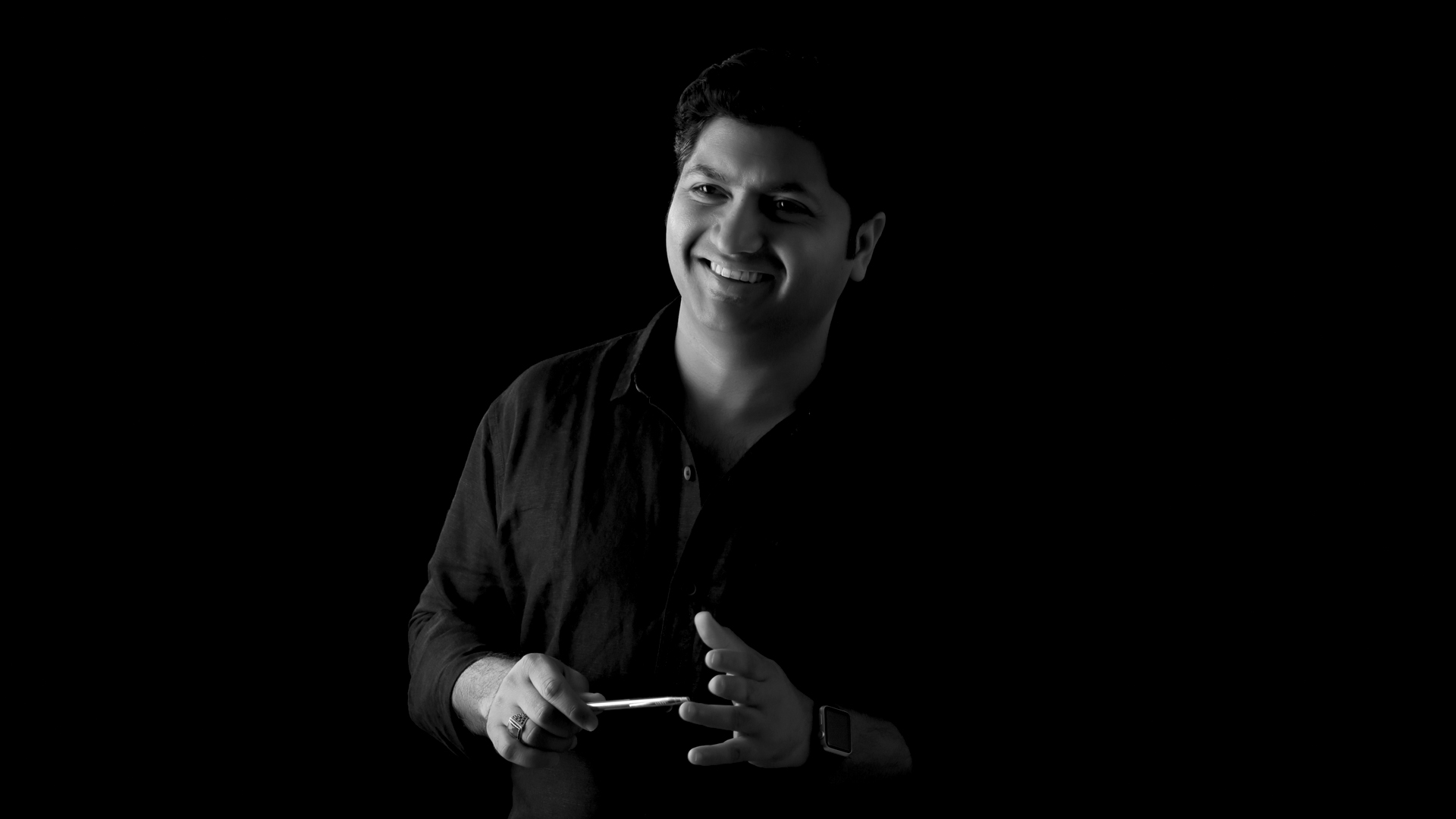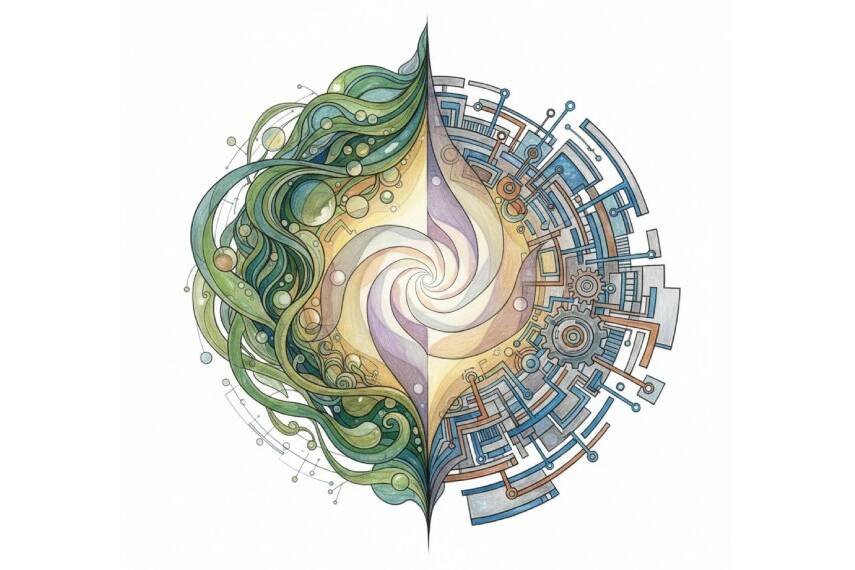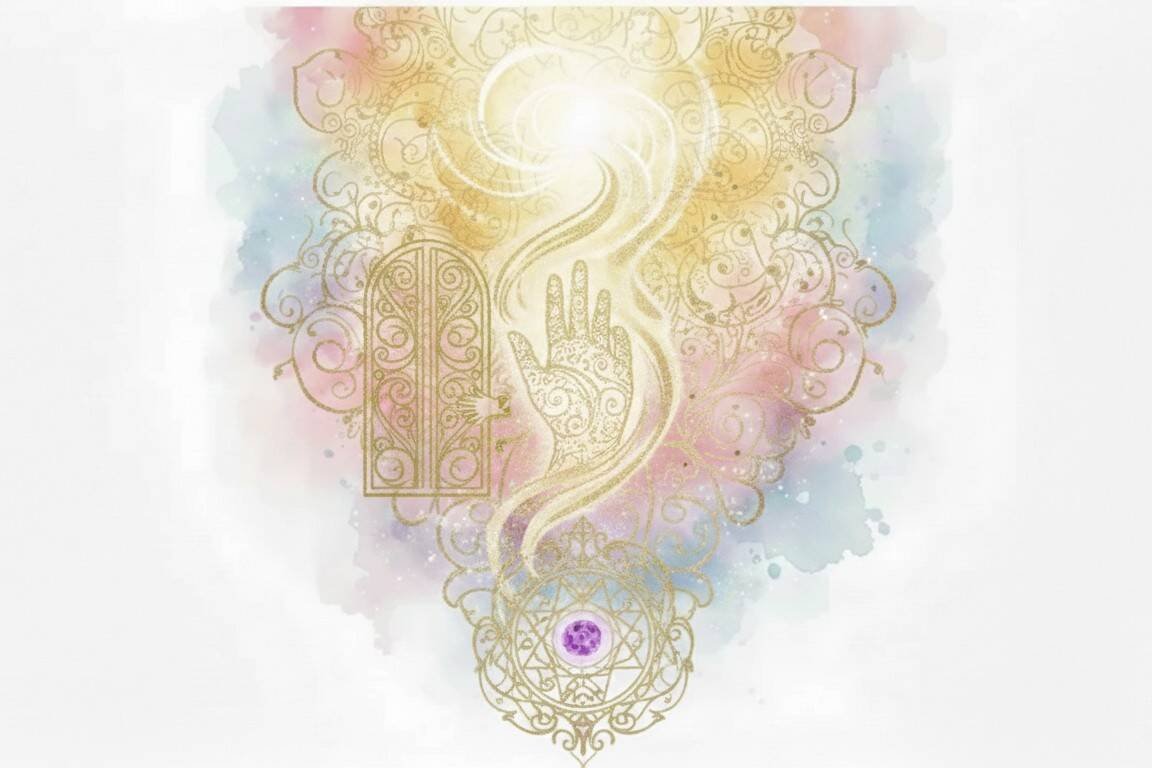
We may allow atheist to debate if God ever exists. But never for a moment imagine a speck of dust to fall on the historicity of Holy Prophet
We, as inhabitants of this world, hold dear to our hearts the love for someone special. Indeed, our very existence as humans is intertwined with the affection we harbor for others. It is like a shell, the heart, seeking to discover the precious pearl within.
Engaging in intellectual debates with atheists about the existence of God is a pursuit we may undertake. However, it becomes inconceivable to fathom allowing even the tiniest hint of doubt to sully the profound historical significance of Rasool Sallallahualaihiwasallam. His presence transcends the boundaries of doubt, leaving an indelible mark on the fabric of human history. To question his authenticity would be to disregard the monumental impact he has had on countless lives and the enduring legacy he has left behind.
Attempting to expound on the magnificence of our Holy Prophet is an incredibly arduous task. Our human reasoning and the sciences that stem from it are woefully inadequate to encompass the extraordinary persona of Rasool Sallallahualaihiwasallam, who stands second only to God.
During his lifetime and thereafter, his companions expressed their reverence for him in various forms. They constructed a dedicated pulpit in the masjid Nabawi, specifically for a poet to extol the virtues of the Prophet (Sallallahualaihiwasallam). Additionally, the Merciful Prophet would attentively listen to poetic presentations and bestow his honors upon them.
In those days, the Arabs communicated and conveyed their sentiments through poetry, even on the battlefield. When we peruse the Prophetic praises, we encounter poetic verses dedicated to his eyes, cheeks, hands, sweat, eyebrows, and more.
Our predecessors firmly believed that engaging in Prophetic praise held healing benefits for its practitioners. Consequently, Qadi Iyad’s masterpiece on the Prophet, titled “Kitab us Shifa,” aptly captures this essence. This book serves as a therapeutic treatise widely utilized in traditional Muslim communities. An exemplar of such praise is our own Manqus Maulid, widely embraced in Kerala.
Two traditional forms of Prophetology, Dalail Nubuwwa (proofs of Prophethood) and Shamail (depicting his physical attributes), emerged. Abu Isa Tirmidhi’s Shamail, a renowned treatise, meticulously describes the Holy Prophet’s physical appearance, leaving no detail unexplored.
Some poets likened their hearts’ devotion to his eyebrow, their qibla—the direction they ardently faced in prayer. Others regarded the strings of his sandals, which touched the vicinity of Allah’s Arsh, as the strings that bound their souls.
A love-stricken Pathan poet eloquently sang of his garments, “in white, he looked like a pearl / in red, like a rose.”
Another form of Prophetology within the Muslim community manifests through exquisite calligraphy, beautifully inscribing the name and praises of Prophet Sallallahualaihiwasallam in Arabic. This art form, known as Hilya, has gained immense popularity in Turkey. The intricately crafted texts are often displayed on cloth and grace the walls of homes. Annemarie Schimmel, the renowned orientalist, recounts the story of a childless Turkish widow who created nine hilyas, believing they would intercede for her in the hereafter.
Let us remember that all that is beautiful is Islamic, and indeed, everything beautiful embodies the essence of Islam.
Sunnah
Let us not underestimate the importance of Sunnah, which constitutes the greatest form of Prophetology in the life of a believer. We strive to imitate, emulate, and integrate the habits of our Beloved Prophet Sallallahualaihiwasallam into our daily lives. In fact, it would not be an exaggeration to argue that Sunnah, considered voluntary according to Islamic jurisprudence, holds greater relevance and significance than Fardh—the obligatory acts of worship.
Sunnah defines our very existence. From the moment we awaken from our slumber, we recite the dua of awakening—a Sunnah. Stepping into the toilet, we enter with our left foot while reciting the dua—a Sunnah. Brushing our teeth, making ablution for prayer, stepping out with our right foot while reciting the dua—each of these acts is a Sunnah. We leave our homes to go to the masjid with our left foot—a Sunnah. Smiling at our brothers on the way to the masjid—a Sunnah. Removing our sandals, starting with the left foot, and entering the masjid with the right foot—both Sunnah practices. Only then, after this series of Sunnah, do we join the obligatory prayer. We celebrate the practices of the Prophet, expecting Divine reward, even before we stand in prayer before our Lord.
Sunnah is not merely of individual significance; it has global implications for the Muslim world. As I have traveled to Uzbekistan, Egypt, the Emirates, and currently in India, I have witnessed how Sunnah acts as a unifying force across these lands. Sunnah serves as the believer’s universal code of conduct, especially in this increasingly globalized and homogenized world. It ensures a sense of unity and uniformity while honoring the diversity of human experiences.
An American and a Chinese believer may have different eating and dressing customs, yet their hearts and actions are united by the Sunnah of the Beloved Prophet Sallallahualaihiwasallam. Thus, Sunnah helps reduce the dissimilarities between divergent customs in the Muslim world.
Once, Sayyid Ahmed Khan, the renowned educational reformer, engaged in a discussion with the former mufti of Delhi about the permissibility of eating mangoes, as there was no recorded instance of the Prophet consuming them.
Ba Yazid Bustami refrained from eating watermelons because he was unaware of how the Rasool cut them.
I leave it to your conscience to determine the extent to which you celebrate and commemorate Prophetology in your lives.
When considering how to impart Prophetology to other communities in India, we must first acknowledge that the Holy Prophet is not solely the prophet of Islam. Therefore, when we speak or write about him, we refer to him as the Mercy to all Worlds, a universal Prophet for all of humanity, including plants, animals, and jinns.
The Beloved Prophet is not the exclusive possession of our narrow-minded communal attitudes. Rasool Sallallahualaihiwasallam belongs to Allah, the creator of the entire universe.
Furthermore, we should reflect upon the compassion and mercy with which he was sent. Let us not rush to condemn others to hell. Among Muslims, we should be open to accommodating diverse opinions. It is not our responsibility to allocate tickets to paradise. If paradise is an everlasting and eternal abode, the only authorized agent to grant entry is our Holy Prophet Sallallahualaihiwasallam. He is Rahmathan lil Alameen, sent by God to maximize the number of inhabitants in paradise, while some of us struggle to diminish the count.
When presenting Prophetology, our audience extends beyond those immediately listening to us. The media, whether social or mainstream, broadcasts everything these days. Therefore, we must exercise extreme caution and vigilance in our analogies. The refinement of language is essential for this mission.
At times, we may consider ourselves fervent lovers of the Prophet Sallallahualaihiwasallam. However, the Prophet himself described himself as the Beloved of Allah, signifying that Allah is his Lover. How then can we dare to claim such a title? We are too humble and simple to even be worthy of asserting such a claim.
Summary of Jaihoon’s presentation entitled ‘Poetics of Prophetism and Manufacturing Cross Cultural Dialogues’ at Markaz Garden Group of Institutions, Calicut, Kerala – India (Dec 10, 2014)
posted Jan 22 2015 (Rabiul Awwal 12 1436)
Mujeeb Jaihoon
Mujeeb Jaihoon, reputed Indian author, explores themes of universal love, deeply embedded in a disruptive spiritual worldview.
Related Posts
Feb 11 2026
Of Wounds and Wonders: Seeking the Divine Signature in Love and Pain
To love is to know. Whether through nature or machines, seekers find the…
Feb 10 2026
ഇതാണൊ ഇസ്ലാം ?
Mujeeb Jaihoon's controversial take on some of the double standards prevalent…
Feb 05 2026
The High Priests of the Tech Temple: How ‘fin-fluencers’ Protect the Corrupt Elite
While influencers idolize the image of the ultra-rich, they stay silent on the…
Feb 03 2026
The Knock is More Important Than the Opening
We often value results over intent, yet spiritual merit lies in the seeking. As…


